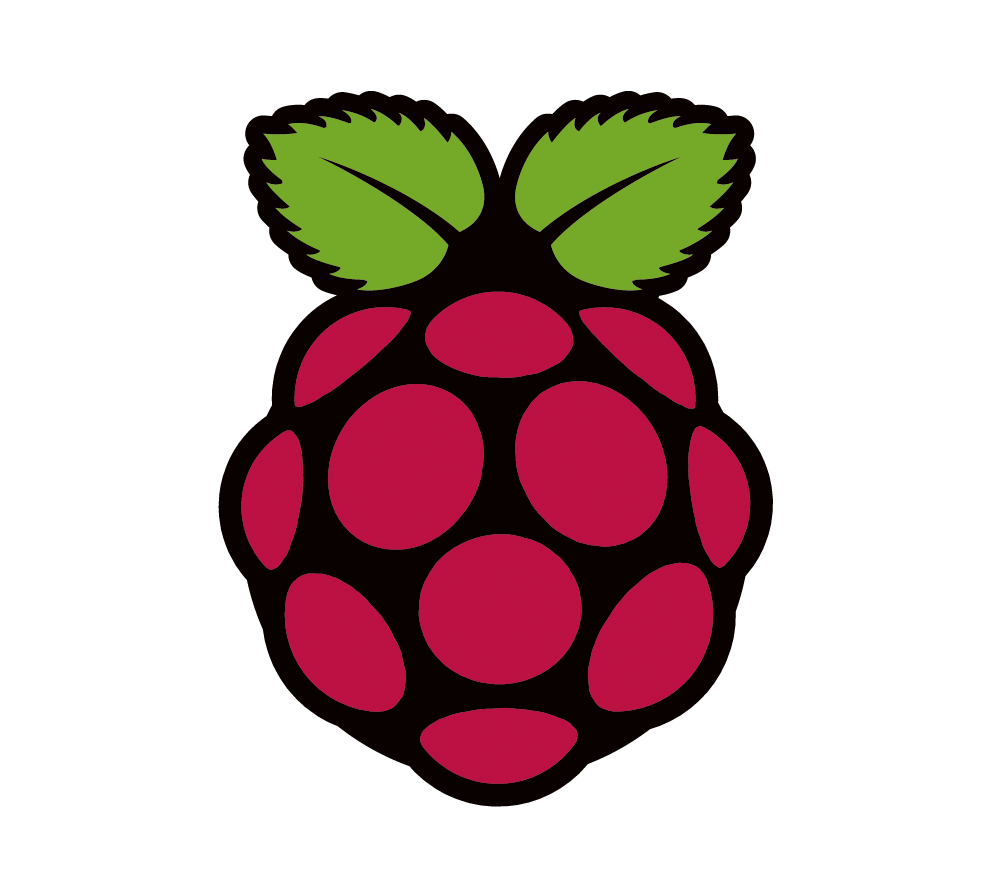Lightweight Raspberry Pi Distributions

Raspberry Pi's are single-board computers that can be used for many different projects. There are dozens of operating system options for the Raspberry Pi. Raspberry Pi OS, known as Raspbian, is the most popular Linux distribution (distro) for the Pi and is based on Debian. However, there are dozens of additional Raspberry Pi desktop options. Before settling on a Linux operating system for your Pi, think about your needs. There are Linux-based retro gaming OSes that provide multimedia and home theatre PC use. You may not even require a GUI for some projects, so a barebones distro may do.
The Pi isn't like a standard PC. One of the trade-offs is that it doesn't have massive resources. If you don't need many features usually found in Linux desktops, a lightweight distro may be for you. By keeping the operating system lightweight, processing power and RAM can be dedicated to whatever project you plan to run. We will look at some of the lightweight distros available.
The most populr choice for a lightweight Raspberry Pi distribution is Raspberry Pi OS Lite. The Lite build is based on the Raspberry Pi OS and is a minimal image without the X-server window manager, related components, and other modules. There's less software, fewer modules, and the operating system uses fewer system resources. The main result of this is that there is more RAM and processing power. While the full Raspberry Pi OS is a 5GB image, Raspbian Stretch Lite is just 1.8GB. This image is ideal for server use and doesn't need a monitor connected to it ( headless ). You'll gain performance, especially if you use the Pi as a file server or for any other headless task.
Another lightweight Raspberry Pi distro that is based on Debian is DietPi. DietPi is based on a compact version of Debian. DietPi can fit on a 2GB card and comes with a software tool for installing optimized apps. Optimized apps for the DietPi OS include desktops, media apps, gaming tools, cloud, file, and web servers, and more.
Tiny Core Linux is one of the most compact Linux distributions. Incredibly lightweight, Tiny Core Linux's Raspberry Pi version, piCore, is just under 90MB. PiCore is fast and flexible, but doesn't have any software included. Instead, you'll need to download and install your own web browser, email client, text editor, and other apps. PiCore comes with internet connectivity and even has a GUI desktop in the compact package. The GUI desktop can also be removed to gain more performance.
RISC OS is a lightweight OS that is not based on Linux. The original ARM-based operating system, RISC OS dates to the 1980s. RISC OS has a compact footprint. On the Pi, it just need 119MB of space on your microSD card, although a 2GB card will be needed. Since it is not based on Linux, you'll need to learn new commands. The GUI can take a little getting used to since there is no start button or dock. Instead, applications are grouped in desktop folders, and prefixed with !. Also, you'll have to make sure that you're using a three buttoned mouse or a clickable wheel that will act as a middle button.
With so many lightweight distros for the Raspberry Pi, it should be simple to run projects with maximum system resources. There's no shortage of Linux distros for the Raspberry Pi. Which operating system you pick depends on your needs. Minimalist and lightweight OSes run well on the Pi.